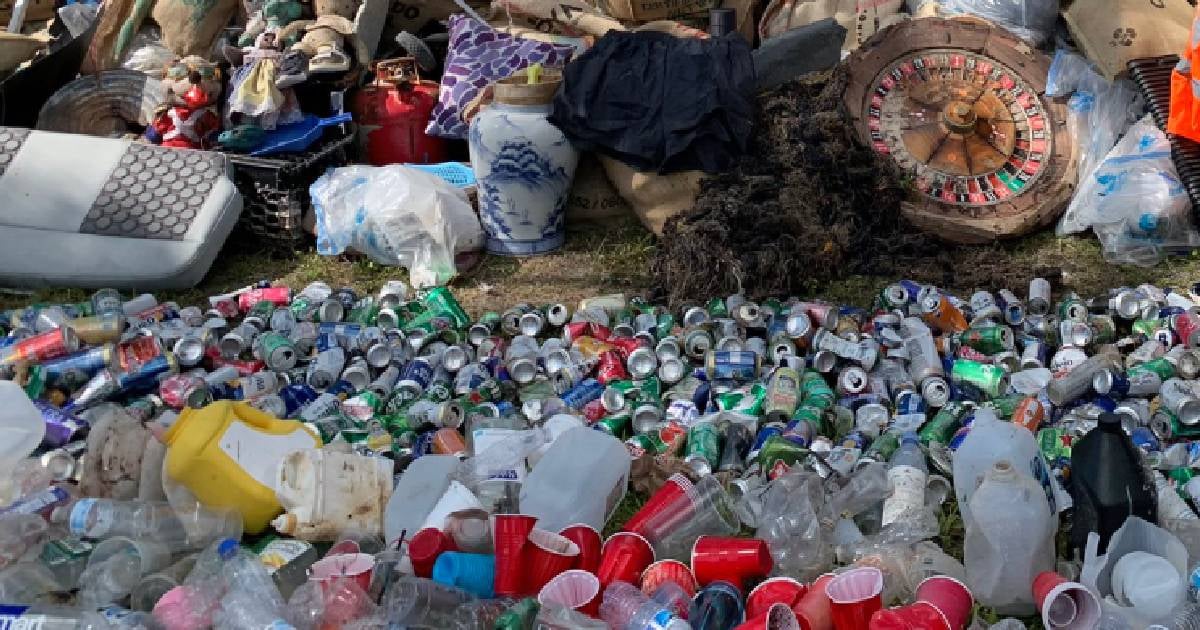Amid a global crisis where 57 million tons of plastic pollution are generated annually, much of which contaminates oceans and waterways, Miami-Dade County is spearheading a new ordinance aimed at compelling vendors on county properties to reduce or eliminate the use of disposable plastics. "It's in our water, which means it's in our fish, and when we consume fish, we're consuming it too," remarked Eileen Higgins, the commissioner for Miami-Dade's District 5, as reported by Local 10. She emphasized that plastic has infiltrated our bodies, even reaching brain tissue.
This initiative echoes the sentiments of many South Florida residents who are demanding stricter regulations to curb the approximately 33 billion pounds of plastic entering marine environments annually from land-based sources. A 2022 report from Florida's Department of Environmental Protection revealed that 93% of Floridians surveyed believe regulating single-use plastics is essential. However, similar efforts have been obstructed by the state legislature, dominated by Republicans. In 2008, Florida became the first state to enact a law preventing local governments from regulating plastic usage.
Local Solutions to State Legislative Barriers
Faced with this legislative hurdle, Higgins insists the solution must be found at the local level. If approved, the new ordinance would mandate that all vendors operating on county properties eliminate single-use plastics as much as possible. This would encompass vendors in critical locations such as Miami International Airport, the Miami Zoo, and other county parks.
"We expect vendors in our ports, airports, zoos, and parks to understand that we are not adding more plastic to our ecosystem; we are removing it," asserted Commissioner Higgins. Should the ordinance pass, businesses would be required to replace plastic packaging with biodegradable, compostable, or highly recyclable aluminum alternatives.
Addressing Waste Management Challenges
While some may view this measure as an extraordinary request, similar programs are already in place in cities like Los Angeles, Atlanta, Broward, and Miami Beach to reduce single-use plastic consumption. This proposal emerges at a crucial time for the county, which is grappling with a severe waste crisis. Miami-Dade currently generates 5 million tons of waste annually, double the national average, and landfill space is nearing capacity. Consequently, the county has begun shipping some of its waste to other regions for disposal.
"We're producing too much trash, and we don't know what to do with all our waste," expressed environmental activist Dave Doebler.
